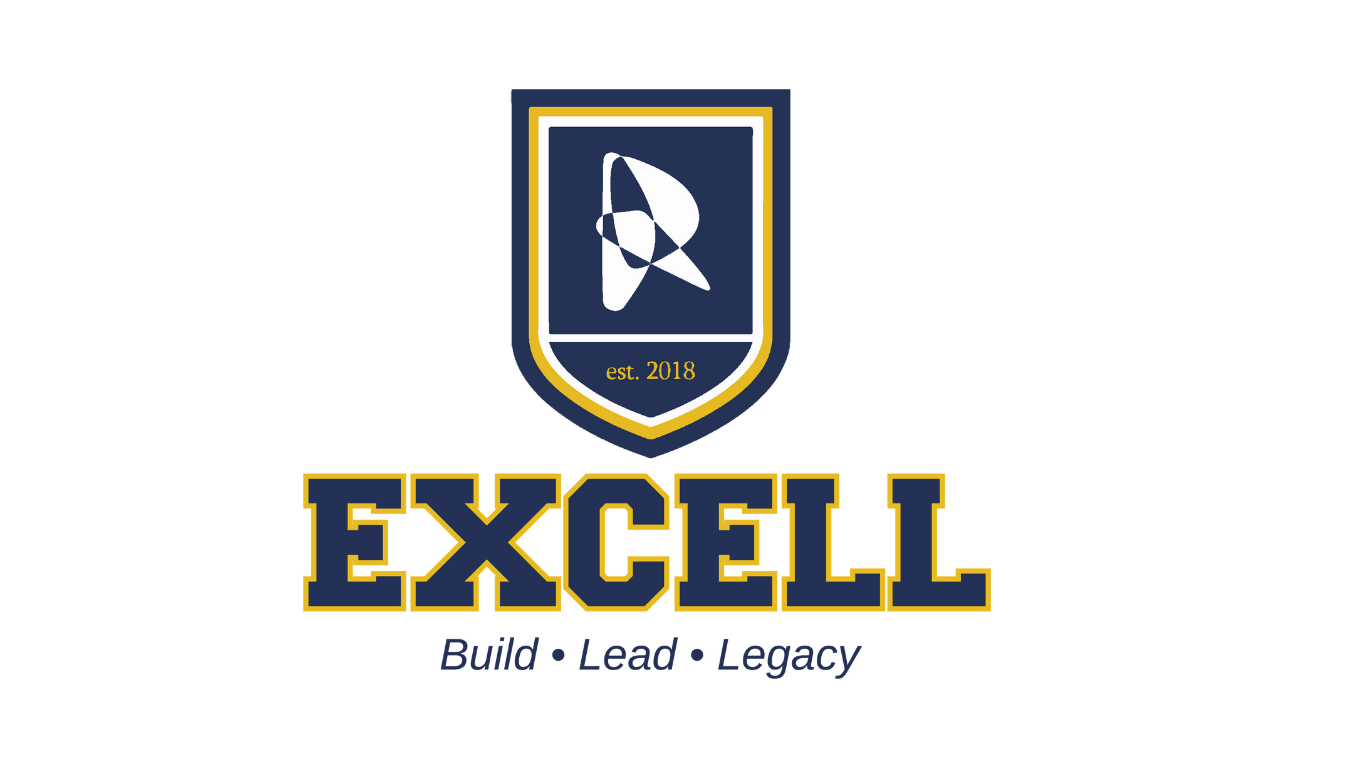Introduction
This guide will walk you through:
- How AI is influencing every stage of SEO strategy
- Practical, actionable steps to future-proof your blog
- Common questions bloggers ask about AI-driven search
- Predictions for what’s coming next
Table of Contents:
- The AI Revolution in Blogging and SEO
- Key Ways AI Is Changing SEO for Bloggers
- Q&A: Top 8 Common Questions About AI and SEO in Blogging
- Practical Tips to Optimize Your Blog for an AI-Driven Search World
- Case Studies: Real Examples of AI-SEO Success
- Advanced AI SEO Strategies for Content Creators
- The Future: Predictions for AI and Blogging SEO
- Conclusion & Call to Action
The AI Revolution in Blogging and SEO
AI is not a single technology; it’s a family of systems, including natural language processing (NLP), machine learning (ML), predictive analytics, and recommendation algorithms. Together, these tools have redefined how search engines crawl, interpret, and rank your blog content.
From Keywords to Context
Search engines focused heavily on exact-match keywords and on-page optimization like meta tags and H1 headings.
Google’s algorithms like RankBrain (2015), BERT (2019), and MUM (2021) understand semantic meaning and user intent. Instead of matching a search for “best cameras” only to pages with that phrase, AI evaluates:
- Related terms (“DSLR,” “mirrorless,” “photography for beginners”)
- Context clues (Is the search about reviews, tutorials, or comparisons?)
- Searcher behavior patterns (What pages do they click after the search?)
If you write “10 Ways to Improve Night Photography,” AI knows it’s related to queries like “low-light photography tips” or “best lenses for night shots,” even if those exact words aren’t in your title.
AI as a Co-Creator for Bloggers
Modern bloggers are using AI tools like:
- Jasper for generating first drafts
- Surfer SEO for content optimization
- Copy.ai for ad copy and email subject lines
- ChatGPT for brainstorming and research
- Faster content production
- Idea generation for niche topics
- Automated outline creation
- Risk of generic or repetitive content
- Potential lack of brand voice
- SEO penalties for unedited AI content
Increased Competition and the Quality Challenge
For bloggers, this means:
- You’re not just competing with other humans; you’re competing with high-volume AI-generated blogs.
- Depth, originality, and credibility are your new survival tools.
Key Ways AI Is Changing SEO for Bloggers
1. Smarter Keyword Research

- Predict keyword trends before they peak using historical search data.
- Identify semantic clusters of related keywords that strengthen topical authority.
- Analyze competitor gaps where you can rank faster.
- Informational: “How to start a blog” → Guides, tutorials.
- Navigational: “WordPress login” → Direct website links.
- Transactional: “Best SEO tool for bloggers” → Reviews, affiliate pages.
- Location
- Device
- Search history
- Demographics
- Include conversational questions as H2 or H3 headings.
- Answer in short, direct sentences for featured snippet potential.
- Detect when a page drops in rankings
- Suggest internal links to improve authority
- Highlight missing SEO elements like alt text or meta descriptions
Q&A: Top 5 Common Questions About AI and SEO in Blogging
1. Will AI Replace Human Bloggers?
- Generating structured drafts
- Summarizing data
- Producing keyword-rich outlines
- Personal storytelling that connects emotionally with readers
- Offering unique perspectives based on real-world experience
- Understanding cultural nuances and humor
2. How Does AI Impact Google Rankings?
- Contextual relevance – Does your content answer the searcher’s fundamental question, not just match keywords?
- Engagement metrics – Do users click through, stay on your page, and interact with your content?
- Content freshness – Are your facts, statistics, and examples up to date?
3. Should I Use AI to Write My Blogs?
- Generate topic ideas based on trending keywords
- Draft outlines that improve writing efficiency
- Suggest related subtopics you might have missed
- Producing generic or repetitive content that Google may flag as low-quality
- Losing your brand’s unique tone and personality
- Relying on outdated or incorrect information pulled from older sources
4. Is Keyword Research Still Important with AI Search?
- Focus on exact-match keywords like “best coffee maker”
- Target topics and keyword clusters like “coffee brewing methods,” “best coffee maker for beginners,” and “how to clean a coffee machine.”

5. How Do I Make My Blog AI-Friendly?
- Use Structured Data (Schema Markup): This helps AI understand elements like FAQs, recipes, reviews, and events in your post.
- Optimize for Voice Search: Include conversational keywords like “What’s the best…” or “How can I…” to match how people use Alexa, Siri, or Google Assistant.
- Include FAQ Sections: AI loves question-and-answer formats because they directly address user queries.
- Ensure Mobile and Speed Optimization: Search engines consider user experience metrics in rankings.
- Write Clear, Scannable Content: Use headings (H2, H3), bullet points, and short paragraphs to make AI parsing easier.
- A recipe blog with schema markup for ingredients, cooking time, and ratings has a higher chance of appearing in rich snippets than one without.
Practical Tips to Optimize Your Blog for an AI-Driven Search World
1. Write Comprehensive Posts
- The main topic in detail
- Related subtopics
- FAQs your readers might ask
- Supporting examples and case studies
- Niche research tips
- SEO basics for food blogs
- Photography advice
- Monetization strategies
- Common beginner mistakes
2. Leverage AI for Research, Not Final Copy
- Summarizing data
- Suggesting subtopics
- Analyzing competitor articles
- Pulling related keyword clusters
3. Update Evergreen Content Quarterly
- Current pricing
- New features
- Screenshots of updated interfaces
- will help maintain visibility.
- Check keyword rankings for each post
- Replace outdated statistics and examples
- Add new internal links to fresh content
- Update meta descriptions to reflect changes
4. Create Topic Clusters
- “Top 10 Plant-Based Protein Sources”
- “How to Transition to a Plant-Based Lifestyle”
- “Plant-Based Diet Myths Debunked”
- “Meal Planning for Plant-Based Beginners”
5. Add Schema Markup
- Cooking time
- Star ratings
- Calorie count
- directly in the search results, making it more clickable.
- Use tools like Google’s Structured Data Markup Helper or Yoast SEO (WordPress plugin) to add schema.
- Common schema types for bloggers: Article, FAQ, HowTo, Recipe, Review.
Case Studies: Real Examples of AI-SEO Success
Case Study 1: Food Blogger Boosts Traffic with Semantic SEO
- Implemented Surfer SEO to audit old content.
- Added semantic keywords (e.g., “dairy-free dessert,” “plant-based baking,” “healthy chocolate mousse”) that AI tools suggested based on competitor analysis.
- Updated meta descriptions and headings for better search intent alignment.
- Traffic doubled in 6 months.
- Multiple recipes began ranking for 20+ different keyword variations.
- Featured snippet wins for several “how-to” cooking searches.
Case Study 2: Travel Blogger Finds Untapped Keyword Goldmine
- Used AI-powered keyword prediction from Ahrefs and Google Trends AI insights.
- Discovered low-competition phrases like “hidden gems in Lisbon” and “quiet neighborhoods in Barcelona.”
- Created in-depth guides with maps, photos, and personal experiences.
- Optimized for voice search with conversational headings.
- Ranked in the Top 3 SERPs within 3 weeks for multiple queries.
- Time-on-page increased by 47% thanks to detailed content.
- Earned backlinks from local tourism boards.
Case Study 3: Fitness Blogger Improves Engagement with AI Content Personalization
- Implemented AI-driven content recommendation widgets that suggested relevant articles based on what the reader was currently viewing.
- Used AI analytics to see which subtopics performed best with different audiences (e.g., beginners vs. advanced athletes).
- Personalized headlines for returning visitors (“Welcome back! Here’s your next workout plan”).
- Bounce rate dropped by 38%.
- Average pages per session increased from 1.8 to 3.1.
- Returning visitor rate grew by 22% in 4 months.
Case Study 4: Parenting Blogger Wins Featured Snippets with AI-Optimized FAQs
- Used ChatGPT + SEO Minion to generate and refine a list of frequently asked parenting questions based on search trends.
- Added FAQ schema markup so Google’s AI could pull answers for featured snippets.
- Structured answers in 40–50-word paragraphs to match snippet formatting.
- Won 8 featured snippets in 3 months.
- Organic click-through rates increased by 31%.
- Several FAQ answers began appearing in Google’s People Also Ask section.
Case Study 5: Finance Blogger Uses Predictive SEO to Dominate a Trending Topic
- Monitored AI-driven predictive SEO tools that flagged rising keyword interest around “2025 tax credit for small businesses.”
- Published a comprehensive guide before most competitors had covered it.
- Updated the post weekly as new policy details emerged.
- Ranked #1 within 10 days for multiple related keywords.
- Generated 3x more backlinks than average posts due to being an early resource.
- Attracted partnerships from financial advisors and CPA networks.
Advanced AI SEO Strategies for Content Creators
Once you’ve mastered the fundamentals of SEO in the AI era, the next step is to adopt advanced strategies that go beyond keyword targeting and basic optimization. These approaches use AI as a strategic partner, helping you predict trends, connect emotionally with audiences, and outperform competitors in topic coverage.

1. Predictive Topic Modeling
Predictive topic modeling uses AI algorithms to analyze:
- Search engine query patterns
- Social media discussions
- Industry news cycles
- Historical search trends
In an AI-driven SEO world, being first to publish can give you a massive ranking advantage. Search engines reward early, high-quality content that becomes a trusted resource over time.
A tech blogger using Exploding Topics (an AI-driven tool) might detect rising searches for “quantum encryption” before it’s widely covered. Publishing an in-depth guide early means they’ll capture backlinks and rankings as the topic gains traction.
2. Sentiment Analysis
AI sentiment analysis tools scan online conversations, reviews, and comments to determine the emotional tone people have toward a topic.
When you understand whether your audience feels positive, neutral, or negative about a subject, you can align your tone and messaging for maximum engagement.
A finance blogger notices that sentiment around “student loan forgiveness” is split, with some being positive and others skeptical. They can publish two tailored posts:
- One focusing on success stories and relief benefits
- Another addresses concerns and potential drawbacks
3. Content Gap Audits
AI can compare your site’s content coverage against your competitors to identify topics you haven’t addressed.
Filling these gaps positions you as a comprehensive resource in your niche, boosting topical authority, a significant factor in AI-driven rankings.
A parenting blogger might discover through Ahrefs Content Gap Tool that competitors have guides on “screen time for toddlers” but not “screen time for preteens.” Writing the missing piece gives them a competitive edge.
The Future: Predictions for AI and Blogging SEO
1. Hyper-Personalized SERPs
- Location
- Search history
- Device type
- Demographic data
- Real-time context (e.g., weather, events)
2. AI-Generated Summaries
3. Author Verification
- Add a detailed author bio to every post.
- Link to professional credentials, publications, and interviews.
- Build your brand presence outside your blog (LinkedIn, YouTube, guest posts).
Conclusion & Call to Action

Contact us:
6420 Richmond Ave., Ste 470
Houston, TX, USA
Phone: +1 832-850-4292
Email: info@excellofficial.com





